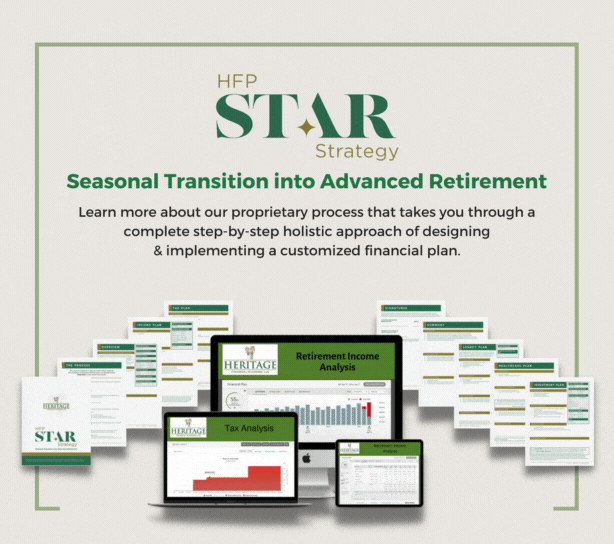Wills vs. Trusts: What’s the Right Move for Your Legacy?
If you’re like many retirees, you’ve probably asked: “Do I really need a trust—or is a will enough?” While both are important tools in an estate plan, they serve different purposes. Choosing the right one depends on your goals, your family dynamics, and how you want your assets handled after you’re gone.
Getting it wrong could result in costly delays, family disputes, or unnecessary taxes. But with the right guidance, you can simplify the process and protect what matters most.
What a Will Does—And What It Doesn’t
A will is a legal document that states how your assets should be distributed after your death. You can name guardians for minor children, appoint an executor, and outline your final wishes. Everyone needs a will—it’s a foundational estate planning tool.
However, wills come with limitations:
- They must go through probate, a public court process that can take months (or even years).
- Probate can be costly, with fees that reduce the value of your estate.
- A will doesn’t control assets that pass via beneficiary designations (like IRAs, 401(k)s, or life insurance).
So while a will is essential, it may not be enough to ensure a smooth and private transfer of assets—especially if your estate is more complex or you want greater control.
What a Trust Offers That a Will Can’t
A revocable living trust allows you to transfer ownership of your assets into the trust during your lifetime. You still control the assets, but when you pass away, the trust can:
- Bypass probate entirely
- Distribute assets immediately and privately
- Include detailed instructions for how, when, and to whom assets are passed
- Provide control for blended families, special needs dependents, or beneficiaries who may not be financially responsible
- Help reduce estate taxes for larger estates (especially if estate tax thresholds are lowered in the future)
You can also appoint a successor trustee to step in and manage your affairs if you become incapacitated—something a will doesn’t handle.
When a Trust Might Make Sense for You
You might consider adding a trust to your estate plan if:
- You own property in multiple states
- You have a blended family or complicated beneficiary wishes
- You want to keep your affairs private
- You’re concerned about beneficiaries mismanaging their inheritance
- You want to leave assets to minor children, grandchildren, or a special needs dependent
- You’re doing advanced tax or charitable planning
Why Estate Planning Should Be Personalized—Not Cookie Cutter
Every retiree’s situation is different. Some may only need a well-drafted will, powers of attorney, and beneficiary updates. Others benefit from a trust to add flexibility, protection, and privacy.
What’s most important is not delaying. Estate planning isn’t just about death—it’s about ensuring your wishes are honored and your family is taken care of.
We Help You Plan With Purpose—Not Just Paperwork
At Heritage Financial Planning, we help retirees integrate estate planning into their broader retirement strategy through our HFP S.T.A.R. Strategy (Seasonal Transition into Advanced Retirement). Whether you need a simple will, a detailed trust, or help reviewing your current documents, we’ll guide you every step of the way.
Schedule your estate planning review today and gain peace of mind knowing your legacy is protected.

Click here to learn more about our HFP STAR Strategy process.
Sources:
• American Bar Association – Estate Planning Basics: https://www.americanbar.org
• Nolo Legal Guide: Wills and Trusts – https://www.nolo.com
• AARP Estate Planning Resources – https://www.aarp.org
• Heritage Financial Planning: https://heritagefinancialplanning.net/about/heritage-financial-star-strategy/











